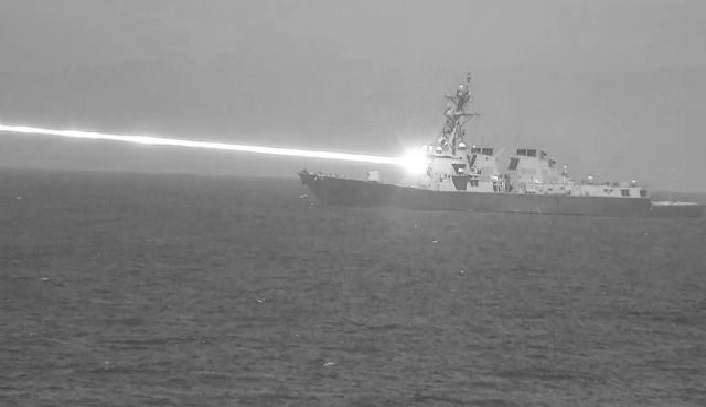Slovenia Cancels €350 Million Boxer Armoured Vehicles Deal, Pays €4 Million Penalty

In a significant decision that has sparked debate within its defence and political circles, Slovenia has officially cancelled its €350 million contract to acquire Boxer 8x8 armoured personnel carriers (APCs). The move, announced on Thursday, also came with a €4 million penalty, which the Slovenian government has already paid.
The procurement of 45 Boxer vehicles was initially signed in May 2022 under the outgoing centre-right administration led by Matej Tonin, Slovenia’s then-defence minister. The deal, managed through the Organisation for Joint Armament Cooperation (OCCAR), involved Germany's Rheinmetall and KNDS Deutschland as manufacturers. However, the agreement faced immediate scrutiny when the new government, which took office shortly afterward, began to question its financial and strategic viability.
Why the Deal Was Cancelled
The current Slovenian administration, led by Prime Minister Robert Golob, labelled the deal as "ill-considered" and argued that it did not align with the country’s defence needs or financial priorities. By September 2022, the government had signalled its intent to withdraw from the contract. This decision was formalised this week, ending a controversial process that has lingered for over a year.
Officials cited concerns over cost-effectiveness and the operational suitability of the Boxer APCs for the Slovenian Armed Forces. The high acquisition cost and the potential long-term maintenance expenses were deemed disproportionate to Slovenia’s defence budget and operational scope.
Boxer APC Specifications
The Boxer 8x8 is a state-of-the-art multi-role armoured fighting vehicle that has been widely adopted by several NATO member states. Developed by ARTEC—a joint venture between Rheinmetall and KNDS Deutschland—the Boxer is known for its modular design, offering unmatched versatility.
Key specifications of the Boxer APC include:
- Mobility: The vehicle features an 8x8 wheel configuration, making it highly mobile on diverse terrains. It is powered by a 720-horsepower diesel engine, enabling a top speed of approximately 103 km/h.
- Protection: The Boxer offers advanced ballistic and mine protection, capable of withstanding blasts from improvised explosive devices (IEDs) and anti-tank weapons.
- Modularity: Its design allows for interchangeable mission modules, ranging from troop transport to medical evacuation and command and control operations.
- Armament: Depending on configuration, it can be equipped with a variety of weapons systems, including remote-controlled turrets and anti-tank guided missiles.
- Capacity: It can carry up to 11 personnel, including a driver, commander, and nine fully equipped soldiers.
While the Boxer is considered one of the most advanced armoured vehicles globally, its high cost remains a contentious issue for smaller nations like Slovenia.
Broader Implications
The cancellation of the Boxer deal highlights a broader dilemma faced by smaller NATO nations: balancing modernisation with budgetary constraints. While many member states are upgrading their military capabilities to meet NATO’s 2% GDP defence spending target, not all acquisitions align with the specific needs of individual countries.
The decision also reflects Slovenia’s shifting defence priorities. Instead of investing in high-cost APCs, the government may focus on enhancing its infantry, logistics, and border surveillance capabilities, which are more aligned with its strategic position and operational demands.
A New Procurement Strategy
Slovenia’s withdrawal from the Boxer programme could pave the way for alternative procurement strategies. Analysts speculate that the government may opt for less expensive APCs or seek second-hand options from NATO allies. Such measures would ensure cost-efficiency while still modernising the country’s defence forces.
Additionally, the cancellation reinforces the importance of thorough cost-benefit analyses in defence acquisitions, especially for smaller nations with limited resources.
Conclusion
While Slovenia’s decision to cancel the €350 million Boxer APC deal has closed one chapter of its defence procurement saga, it opens new questions about the future direction of its military modernisation efforts. The government’s willingness to incur a €4 million penalty underscores its determination to prioritise fiscal responsibility and operational suitability over prestige-driven acquisitions.
This move, though controversial, sets an important precedent for other nations grappling with similar challenges in defence procurement.



